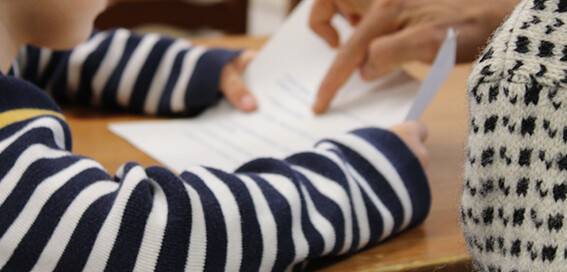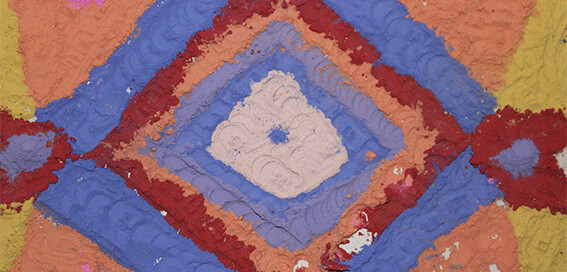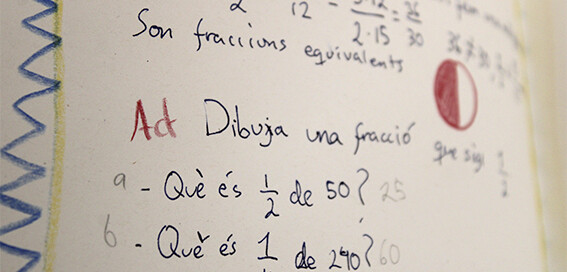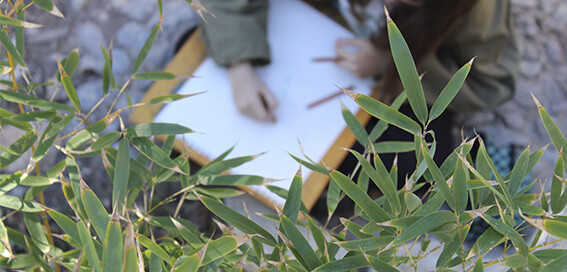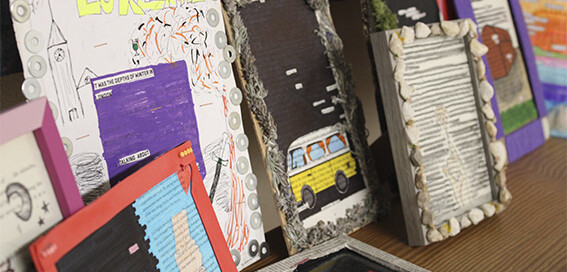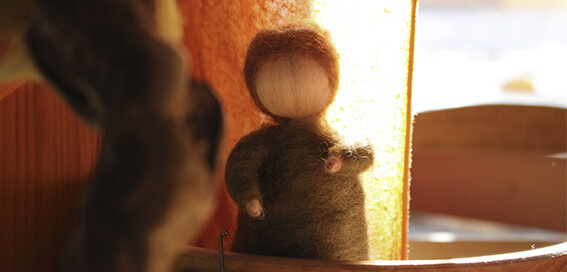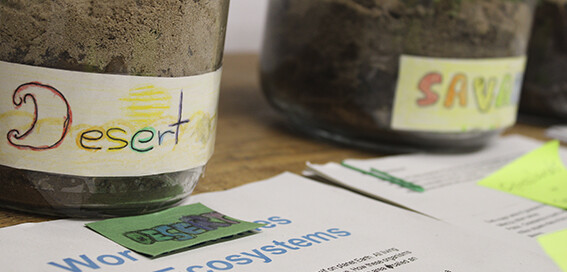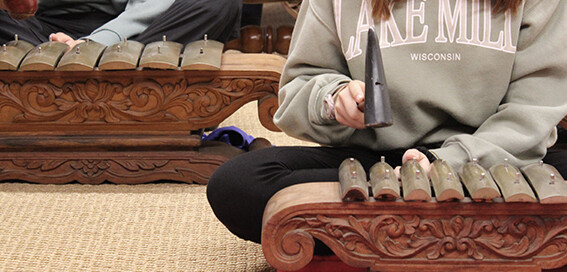FIRST CYCLE: READING TIME
A-S-T-O-N-I-S-H-M-E-N-T. ASTONISHMENT! Joy of discovery. Happiness to be able to transmit. The unique and spontaneous moment of discovering how letters sound when we say them together out loud and a word is born, and with it, everything it can make you feel. The joy of being able to share those stories that move. The First Year of Primary group each week enjoys a reading space where they immerse themselves in the world of letters, words, sentences, which draw us stories and images with teachings and values: friendship, honesty, respect, loyalty. Through the fables of Aesop, Leonardo da Vinci and other authors, we have created our first Reading Book. The great amazement is not only to discover reading, but to discover the gift of being able to transmit and move others.

